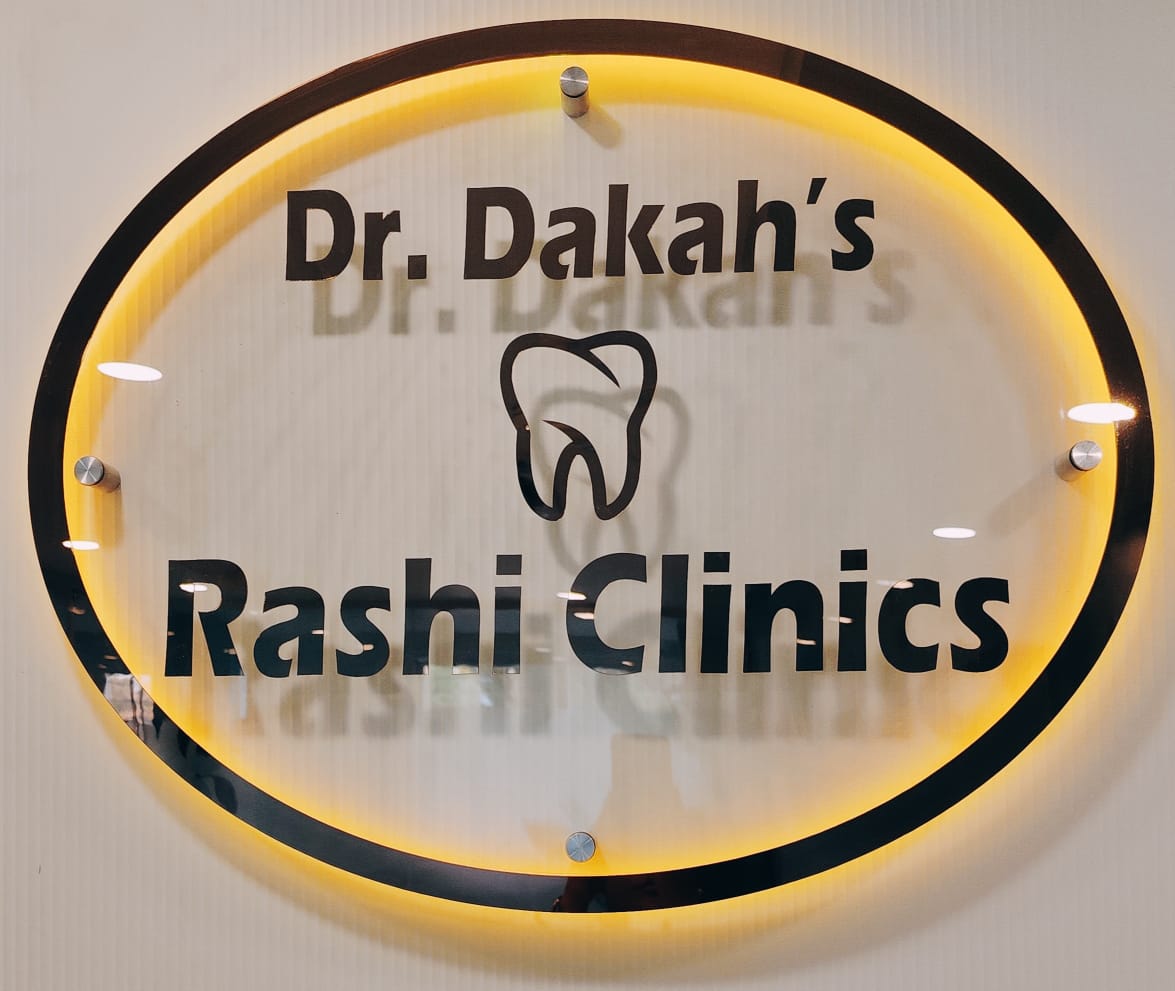+918600111087

This is your website preview.
Currently it only shows your basic business info. Start adding relevant business details such as description, images and products or services to gain your customers attention by using Boost 360 android app / iOS App / web portal.
Description
Oral hygiene refers to the practice of maintaining clean and healthy teeth, gums, and mouth. It is essential for preventing oral diseases such as tooth decay, gum disease, and bad breath. Good oral hygiene involves regular and proper brushing, flossing, and other oral care habits. Here are some key aspects of oral hygiene: Brushing: Brush your teeth at least twice a day, using a soft-bristled toothbrush and fluoride toothpaste. Brushing helps remove plaque, a sticky film of bacteria that can cause tooth decay and gum disease. Use gentle, circular motions and make sure to clean all surfaces of your teeth, including the front, back, and chewing surfaces. Flossing: Flossing is necessary to clean between the teeth and along the gumline where a toothbrush cannot reach. It helps remove plaque and food particles that may be trapped between the teeth. Use about 18 inches of dental floss and wrap it around your fingers, gently sliding it between each tooth in a C-shaped motion. Be careful not to snap the floss, as it may hurt your gums. Mouthwash: Mouthwash can be used as an additional step to help freshen breath and reduce bacteria in the mouth. However, it should not replace brushing and flossing. Choose an antibacterial mouthwash with fluoride for added protection against tooth decay. Healthy diet: A nutritious diet plays a significant role in maintaining good oral health. Limit sugary and acidic foods and drinks, as they can contribute to tooth decay. Instead, opt for a balanced diet rich in fruits, vegetables, lean proteins, and dairy products. These provide essential nutrients for healthy teeth and gums. Regular dental check-ups: Schedule regular visits to the dentist for professional cleanings and check-ups. Dental professionals can detect any oral health issues early on and provide necessary treatments. They may also offer advice on proper oral hygiene techniques tailored to your specific needs.

